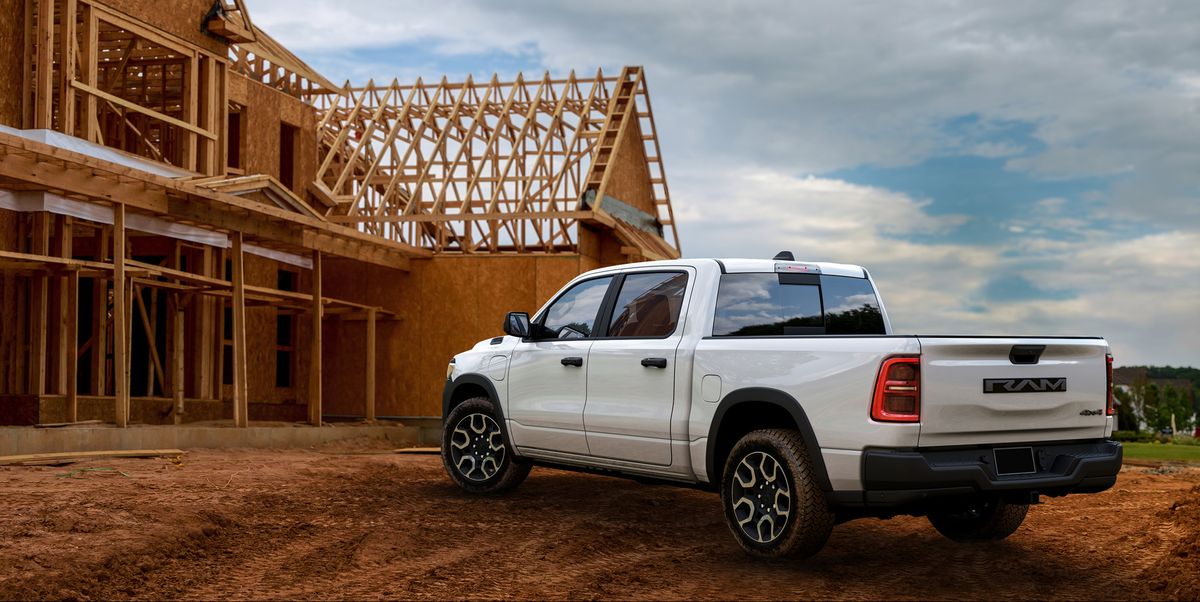This has been coming across my feed more frequently. It’s is a serious truck for truckers.
9L cat paired to a big generator so it’s a hybrid!!
This what happens when function wins over form.
9L cat paired to a big generator so it’s a hybrid!!
This what happens when function wins over form.




